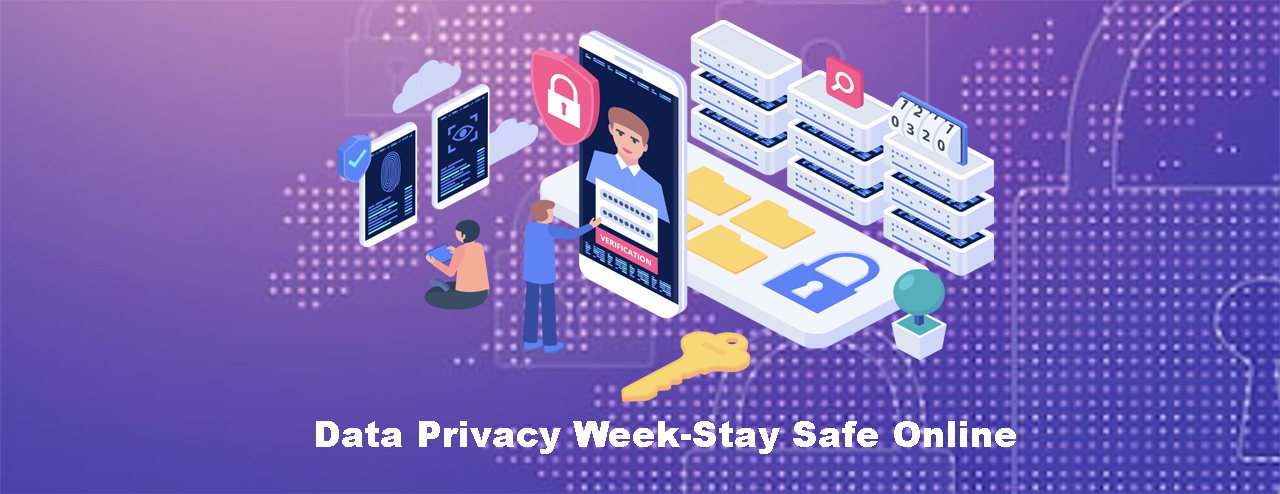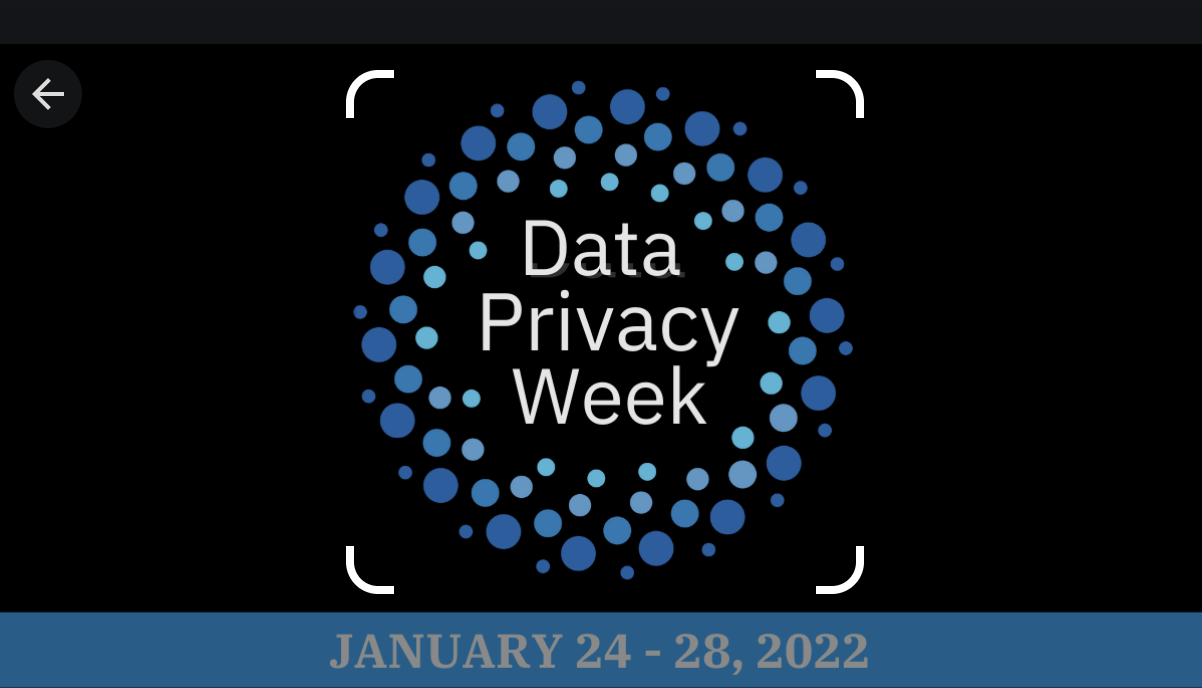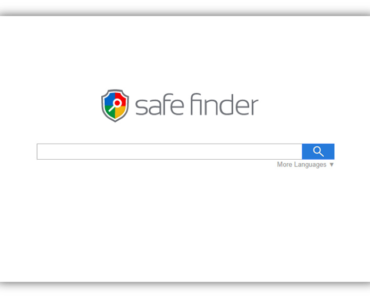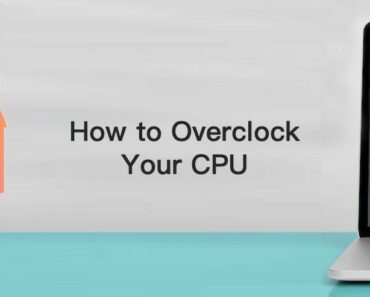
Every single online activity generates a digital footprint. Over the last several years, consumer attitude toward data privacy has shifted as we’ve heard more and more news about serious data breaches and personal data abuse cases.
Nowadays, people understand the importance of protecting their personal information online. We are glad to see the enactment of more laws and regulations about how data can be collected and used. However, there hasn’t been a significant change in the overall safety of the online world — hackers and scammers are still exploiting unsuspecting civilians, subjecting them and their personal data to endless cyberattacks.
Many people are still unaware of how their personal information is being collected, shared, and used. Data Privacy Week helps with this by spreading awareness about online privacy and empowering individuals and companies to take action.
In celebration of Data Privacy Week, we would like to tell you more about what data privacy is and how you can secure your personal data and stay safe online.
Data Privacy Week
Early in 1981, the first ever international treaty that dealt with data privacy was formed by the Council of Europe. In 2006, Data Protection Day was created in memory of the signing of Convention 108.
Data Privacy Week, recently expanded from Data Privacy Day by the National Cybersecurity Alliance (NCA), is an international effort to empower individuals and businesses to safeguard data and respect privacy. This year, the NCA is encouraging individuals to “Own Your Privacy” and businesses to “Respect Privacy”.

What is Data Privacy?
Data privacy generally means the ability of a person to determine for themselves when, how, and to what extent personal information about them is shared with or communicated to others. This personal information can be one’s name, location, contact information, or online or real-world behavior. Just as someone may wish to exclude people from a private conversation, many online users want to control or prevent certain types of personal data collection.
How to Safeguard My Data Privacy and Stay Safe Online?
1. Protect your sensitive data
People are disclosing more personal information than ever before. This is often their address, license plate number, financial history, IP address, and lots more.
You should only share sensitive personal information when necessary. Families with children or elderly relatives, should pay close attention to their data security needs as they are more vulnerable to attacks and their personal data is more easily compromised.
2. Use strong passwords and set up two-factor authentication
To secure your private data and digital assets, it is highly recommended to use long and strong passwords. Also, using two-factor authentication can enhance your online accounts’ security levels and prevent others from accessing your digital assets even if they somehow manage to obtain your password.
3. Use a VPN to safeguard your online security and privacy
VPNs are highly effective tools for protecting data privacy. By hiding your IP address and encrypting your web browsing data, apps like VPN Proxy One Pro can make sure that nobody else can track what you do online. When using unsecure Wi-Fi networks, using a VPN becomes necessary for blocking trackers and hiding your digital footprint.
4. Beware of phishing emails
Cybercriminals use phishing emails to trick individuals into clicking on malicious links or downloading malicious files so they can steal their data, install malware on their computers, and more. Phishing emails are one of the most significant threats to your personal information in 2022. To defend against these manipulative emails, you must avoid opening emails from unknown senders and never click on links in unsolicited emails.
5. Watch out for vishing and smishing messages
Fraudsters also use SMS messages and voice messages to trick users into giving up personal information. Never give out personal information over the phone and never click on links in unsolicited SMS messages.
6. Think twice before agreeing to terms of service agreements and privacy policies
According to the statistics, more than 90% of users consent to legal terms and privacy policies without reading them. When you click on the agree button, it means that you are acknowledging that you understand how your data will be collected and used.
7. Take steps to secure your online shopping
While online shopping is a massive part of our day-to-day lives, it’s vital to take extra steps to protect your data when doing so.
One thing you must do when shopping on a new website is check its legitimacy. Be sure to check its URL, making sure it begins with “HTTPS”.
8. Keep your computer and its software up to date
Old and outdated computers and software are exponentially more vulnerable to hackers and cybercriminals. Always download the latest software updates to ensure your computer isn’t easy prey for malicious actors looking to steal your personal data.







I was just telling my friend about that.